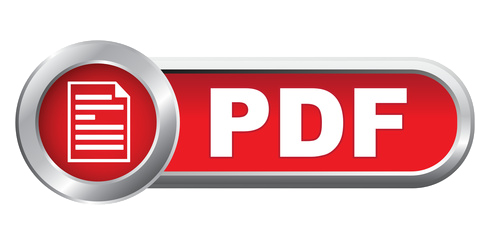Management / Business Management
Modern Internal Audit Practices
MB242
No Schedule Course Found, You can Request Schedule or ask for a proposal to get as in-House for your team. Request eProposale
In an increasingly complex regulatory and operational environment, the internal audit function must evolve to remain relevant and impactful. This course addresses modern practices in internal auditing, equipping professionals with innovative methodologies such as agile auditing, horizontal audits, and risk-based planning. It’s designed for auditors seeking to enhance their ability to provide assurance, add value, and support governance functions effectively within their organizations.
By the end of this course, participants will be able to:
- Distinguish modern internal audit approaches from traditional models
- Promote the audit function’s value and influence within the organization
- Construct adaptable and risk-based audit plans
- Apply anti-fraud measures within audit engagements
- Execute horizontal audits for process-wide insights
- Internal Auditors
- Internal Controllers
- Risk Officers
- Compliance Officers
1. The Internal Audit Function
- Definition and purpose
- Assurance, insight, and objectivity
- Differentiating internal audit from other functions
- Internal audit charter and committee roles
- Types of engagements and service scope
2. Promoting the Internal Audit Function
- Evolution of internal audit roles
- Marketing the function internally
- Stakeholder education and engagement
- Cultural awareness and influence
3. Agile Auditing
- Concept and principles of agile auditing
- Scrum framework in audits
- Mindset and process transformation
- Agile vs. traditional audit methods
4. Horizontal Audits
- Definition and scope
- Comparison with vertical audits
- Audit style selection
- Reporting formats and benefits
5. Sampling Techniques
- Overview of sampling in auditing
- Compliance and substantive testing
- Statistical methods and sampling objectives
- Documentation standards
6. Building a Flexible Internal Audit Plan
- Defining the audit universe
- Risk assessment strategies
- Incorporating stakeholder input
- Drafting a dynamic audit plan
7. Audit Mission Cycle
- Planning and executing audits
- Supervision and team coordination
- Communication and follow-up
8. Internal Audit and Fraud
- Role in fraud prevention and detection
- Fraud risk management
- Supplier and outsourcing fraud risks
- Recognizing fraud indicators
9. Writing Skills and Reporting Styles
- Crafting effective audit reports
- Writing for impact: executive summaries
- Addressing communication barriers
- Presenting findings clearly
The course combines various teaching methods, including instructor-led presentations, group discussions, case study analyses, and assessments through quizzes and a final exam to engage participants and ensure they understand and retain the material.
Terms & Conditions
ACTrain reserves the right to alter the Course Schedule without Prior Notification, Fees Quoted are Subject to Terms & Conditions Outlined in ACTrain's Registration Policy







